Magic Words – A Dictionary by Craig Conley
$23
Shopping Instructions:
- DISCOUNT 15% : SHOP15
- Product Delivery: Within 1 – 12 hours after purchase.
Magic Words – A Dictionary by Craig Conley
Sale Page : -/-
Description:
Magic Words: The Dictionary is a one-of-a-kind resource for magicians and word lovers, exploring the most intriguing magic words and phrases from around the world. 720 essay-style articles touch on the ambiguity of magic words, the aura of mystery, origin and history, popular variations, funny trivia, and fascinating usage examples from literature and popular culture. Sources range from prominent modern stage magicians to their distant ancestors: hierophants of ancient Egypt; high priests, healers, sorcerers and alchemists of the Middle Ages; necromancers and wizards from legends and fairy tales; and the creators of miracles and wonders throughout history—all performers of their time, seeking to mystify, charm, and entertain. This dictionary showcases those powerful words that give shape and form to the elusive feats of a magician, like a piece of silk, or that evoke a mysterious new reality, like smoke and mirrors.
Our current fascination with magic words stems from a resurgence of interest in the art of close-up magic and grand illusions that began in the late twentieth century and continued into the twenty-first, fueled by the work of artists such as Lance Burton, David Copperfield, Siegfried and Roy, David Blaine, and Jeff McBride. Magic words, of course, are as old as witchcraft itself, echoes of the rhythm and vibration of creative power. Medieval magicians first began using exotic words to give their performances the appearance of genuine secret knowledge. Whether they used pseudo-Latin phrases, meaningless syllables, or esoteric terms from religious antiquity, these magicians did much more than just add a bit of cryptic sound to their visuals. They reinforced their specific illusions with a universal mystery: language as an instrument of creation. A great many magic words have stood the test of time, passed down from master to disciple, from generation to generation, to find their expression on the modern stage and street. These ancient, musical, poetic incantations have a deep—but not necessarily unfathomable-mysticism. From familiar but often perplexing classics like abracadabra, Alakazam, hocus Pocus, Presto-chango, Shazam, and Sim Sala Bim, to lesser-known gems like the twisting tongue of Tirratarratorratarratarratarratum, to quirky modern inventions like Izzy Vizzy Let’s Get down to business, these venerable magic words and phrases deserve a serious scientific tribute and have truly earned a place of honor in their own dedicated dictionary.
There is a deep meaning in the cliched image of a magician pulling a rabbit out of an empty hat with the magic word abracadabra. The magician says an ancient Hebrew phrase that means: “I will create with words.” He makes something out of nothing, repeating the famous line from the book of Genesis: “Let there be light, and there was light”, only in this case the light is a white rabbit and possibly a flash of fire. A magic word, whether it is abracadabra or another of the magician’s choice, resonates with the audience because there is an instinctive understanding that words are powerful, creative forces. “The word has always had an ancient fascination for people,” says scientist Ted Andrews. – He alludes to the journey in the unseen and are not on the map area.” This dictionary aims to restore dignity to the treasure trove of magical words that have lost some of their luster over the years, and to mark and codify the new magical words that magicians add to the lexicon every day. This dictionary is a testament to the magic of the language and encourages mages to reinvest their spells with that primitive power that everyone remembers at the deepest level. Whether the reader is a professional illusionist, a lover of sleight of hand, or just a word lover intrigued by the power of language, this dictionary is designed to enlighten and inspire everyone to create pure wonder and awe whenever they speak.
Please kindly contact us if you need proof of item.
1 review for Magic Words – A Dictionary by Craig Conley
Add a review Cancel reply
Related products
Other Courses
Other Courses
Other Courses
Other Courses
Other Courses
Other Courses

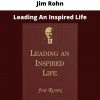



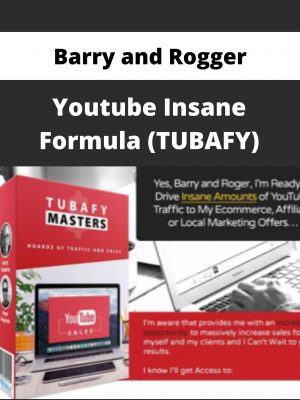
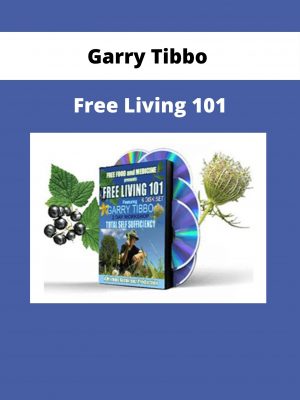
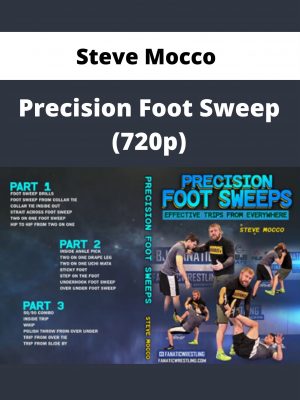

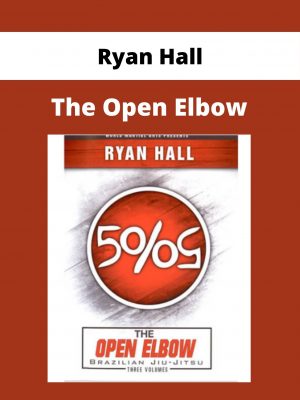


Mr. Jonathon Buckridge –
Thank you!! | Magic Words – A Dictionary by Craig Conley